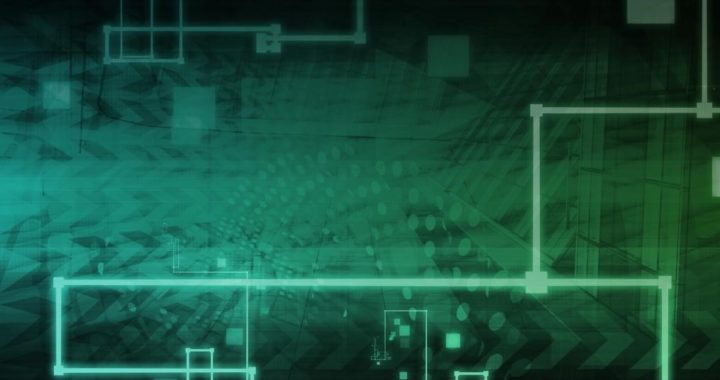Cybercrime is rapidly increasing every year, causing severe damage to individuals, companies, and the economy. Its investigation requires advanced training skills and technology. Digital forensics experts work tirelessly to stop these cybercrimes from happening.
Digital forensics experts specialize in the investigation of network and computer-related crimes. They collect, store, recover and preserve evidence and data relevant to an investigation. They are also trained to perform a thorough analysis of the data and present it in a manner that is admissible in court as evidence.
Following are the types of analysis that digital forensics experts conduct:
Types of Digital Forensics
Disk Forensics
Disk forensics deals in the extraction of data from disk storage by searching modified, active, or deleted files
Network Forensics
Network forensics is a sub-branch of digital forensics. It deals with the analysis and monitoring of the traffic from a computer network to collect legal evidence and crucial information.
Wireless Forensics
It is a further division of network forensics. The purpose of wireless forensics is to provide the tools that are required to analyze and collect data from wireless networks.
Database Forensics
Database forensics deals with the examination and study of databases and other related metadata.
Malware Forensics
The purpose of this division is the identification of malicious codes, worms, viruses, etc.
Email Forensics
This division deals with the analysis and recovery of electronic mails, deleted emails, contacts, and calendars.
Memory Forensics
Memory forensics deals with the collection of data from the system memory (cache, system registers, RAM) in raw forms. It then converts the raw data into information that a layperson can understand.
Mobile Phone Forensics
This type deals with the analysis and examination of mobile devices. It helps retrieve sim and phone contacts, call logs, outgoing and incoming MMS/SMS, audio, video, etc.
The results for these digital forensics types come in various forms. Following is a list of digital evidence that can be found after digital forensics experts have completed their jobs.
Types of Digital Evidences
Digital evidence consists of various sorts of data stored and collected from an electronic storage device. It can also be retrieved from RAM and wireless networks. Digital evidence includes but isn’t limited to the following examples.
- Media files (audio, video, photo)
- User account data ( avatars, usernames, passwords)
- Emails (senders’ and receivers’ information, attachments, content)
- Phone calls (audio, video)
- Accounting program files
- Databases
- RAM system files
- Windows registry system files;
- All types of digital files (spreadsheets, text files, PDF files, bookmarks, etc.)
- ATM transaction logs
- Records from networking devices
- Electronic door logs
- GPS logs
- CCTV cameras records
- Xerox machine, printer, and fax logs
- Hidden and encrypted data
- Computer backups.
If you’re searching for digital, audio, and video forensic experts in Florida, head over to Eclipse Forensics. Our court-certified forensic experts have proven capabilities of providing clients with expert witness testimony in civil and criminal cases.
Contact our team today for an in-depth analysis of your forensics case.

